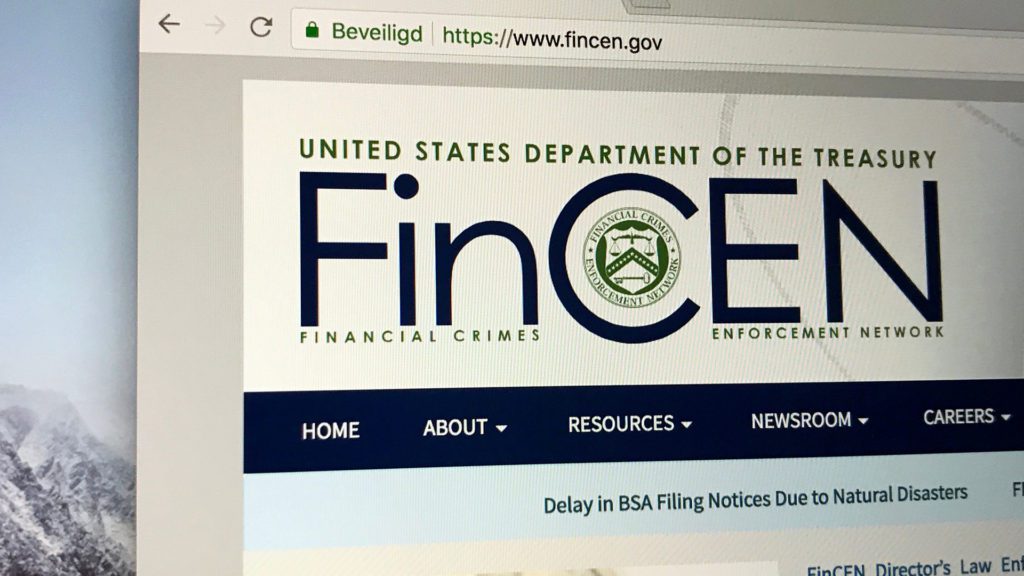The Hunger Games: Can Competition Be Stopped?
On Jan. 5, the United States Federal Trade Commission (the “FTC”) proposed a new rule which acts as a complete ban—both prospectively and retroactively—on all non-competition agreements (“non-compete(s)”) (the “Proposed Rule”), impacting restrictive covenants as a whole, with an impact extending to both confidentiality and non-solicitation provisions. While those in support of the FTC’s Proposed…
Read MoreEverything and the Kitchen Sink: The NLRB’s Labor-Friendly New Year’s Resolutions
Contrary to the expression’s limitations, the National Labor Relations Board (“the Board”) set the tone for 2023 with some major decisions that will essentially provide employees with not only the kitchen sink, but the walls and the foundation too. The Board fundamentally altered the landscape when it comes to collective bargaining, property interests, damages in…
Read MoreWhat’s Worse: The Pain or the Hangover? Brand Endorsements in the Fallout of Yeezy
“And I heard ‘em say, nothin’ ever promised tomorrow today;” [1] That is, unless, that promise was memorialized into a properly drafted and negotiated brand licensing agreement. Brand licensing agreements are essential for companies that want to create a successful, long-term business strategy. Licensing allows companies to leverage a brand’s image, reputation, and power to…
Read More2023 State Employment Law Updates: From Pay to Hair, Cannabis, and More
The coming new year brings new changes, new goals, and newly amended employment laws. Although some jurisdictions jumped the gun (looking at you, D.C. noncompete law), starting on January 1, many states are implementing new and amending old employment laws. Minimum Wage Increases While some states roll out raises at different intervals, all employers should…
Read MoreMeme Stock Mania Sets Stage for Proposed Game-Changing SEC Rule
On Wednesday, December 14, the U.S. Securities and Exchange Commission (the “SEC”) affirmatively voted to advance some major changes to U.S. stock-market rules, perhaps the biggest changes to such rules in nearly 20 years. Although the affirmative vote opens the proposed rules to public comment until at least March 31, 2023, before they can be…
Read MoreNo Such Thing as Finders Keepers Among Attorney Referrals
Referral fees, or fee sharing, among attorneys have become so commonplace that it may be easy to forget about the headache that they can cause to attorneys and clients alike. Our focus today is on the potential consequences of unpermitted fee arrangements, also known as “finder’s fee” arrangements. These types of arrangements between attorneys are…
Read MorePrecedent and Precision Continue to Drive Massachusetts Court Decisions in Litigation Involving Commercial Leases
Nearly a decade ago, I wrote an article for the New England Real Estate Journal about a decision issued by the Massachusetts Supreme Judicial Court that provided an important reminder to commercial leasing practitioners on the proper use of liquidated damages and rent acceleration clauses in remedies provisions in Massachusetts (“MA”). Now, a recent opinion…
Read MoreSanta (and the CPPA) Know If You’ve Been Naughty or Nice With Your Consumer Data
On Oct. 17, 2022, the California Privacy Protection Agency (the “CPPA”) released a revised draft of regulations to enforce the soon-to-be-effective California Privacy Rights Act (the “CPRA”). The revised regulations include revisions to sections regarding collection of personal data, restrictions on the use of personal data, privacy notice requirements and opt-out preference signals. The revisions…
Read MoreThe Good, the Bad and the Ethical: Mortgage Fraud on the Rise?
In a matter of months, several well-known individuals in real estate have been convicted of and/or charged with fraud or similar crimes relating to the theft of client funds. The summary below highlights a few of those cases with some extraordinary damages, but questions remain: Is this a harbinger of what’s to come? Or are…
Read MoreNew B.O.S.S., Same as the Old Boss? New Clarity on the Corporate Transparency Act
On September 30, 2022, the U.S. Treasury Department’s Financial Crimes Enforcement Network (“FinCEN”) issued a final rule requiring certain entities to file with FinCEN reports that identify two categories of individuals: the beneficial owners of the entity, and individuals who have filed an application with specified governmental authorities to create the entity or register it…
Read More









